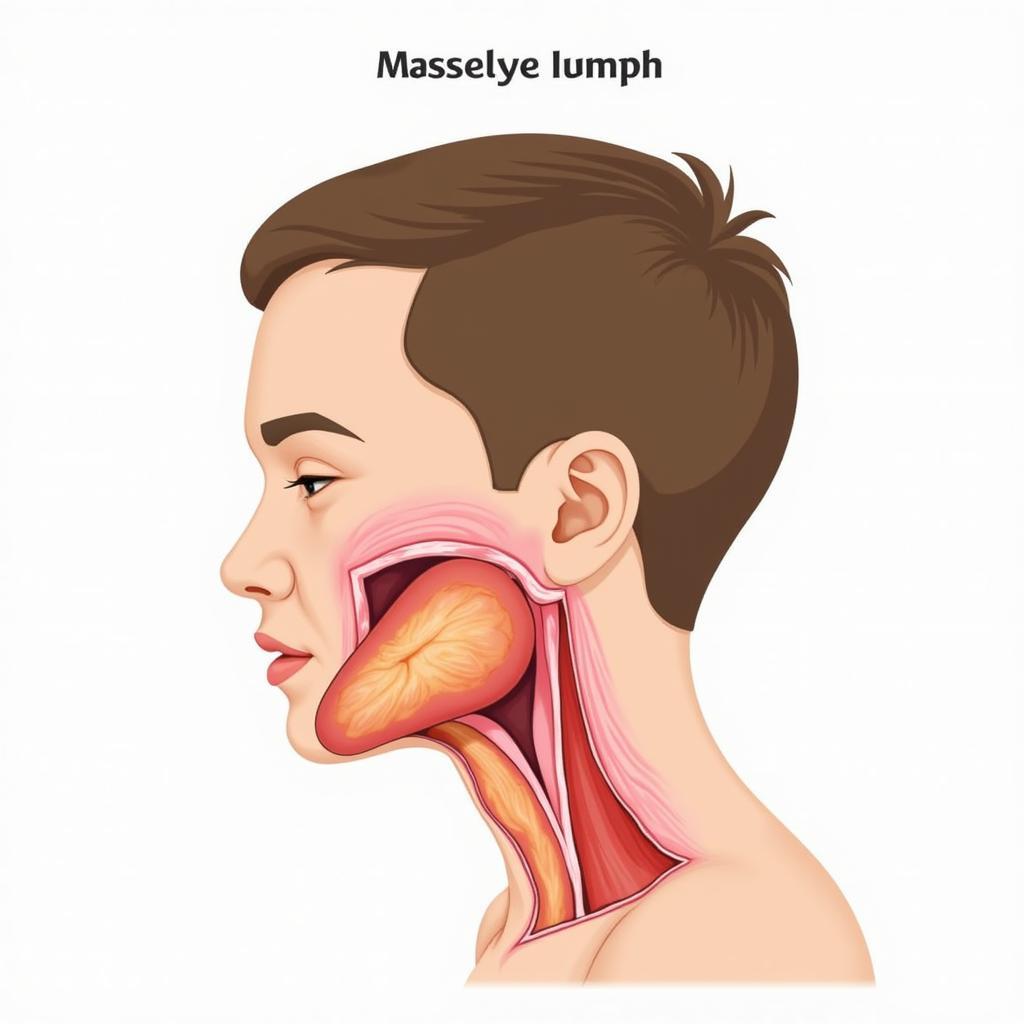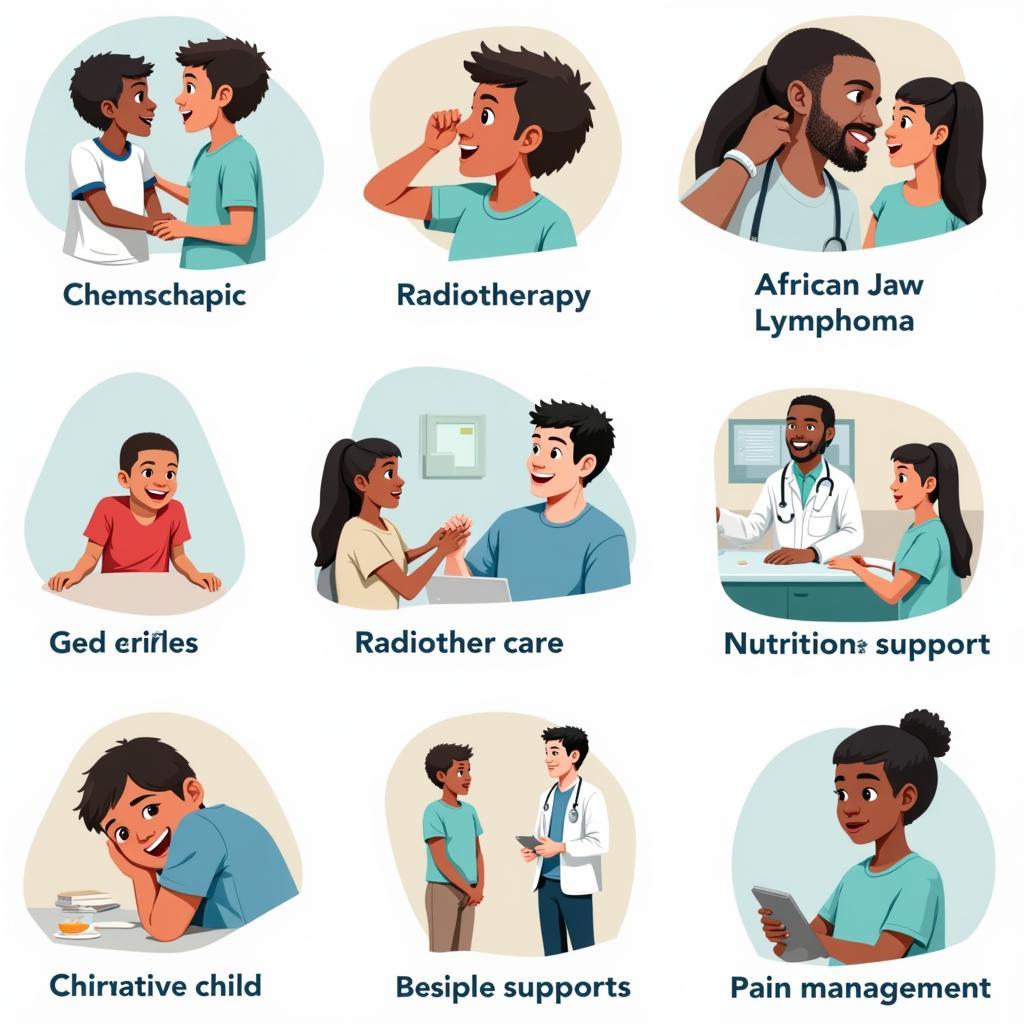Understanding African Jaw Lymphoma: Insights from Slideshare
African jaw lymphoma, a subtype of Burkitt’s lymphoma, is a fast-growing cancer of the lymphatic system, primarily affecting the jawbone. This comprehensive guide delves into the intricacies of this disease, providing valuable information based on available resources on Slideshare and other medical platforms.
Unraveling the complexities of African Jaw Lymphoma
 African Jaw Lymphoma Symptoms
African Jaw Lymphoma Symptoms
African jaw lymphoma often presents with a rapidly enlarging mass in the jaw, leading to facial disfigurement. It commonly affects children, particularly in equatorial Africa, where it accounts for a significant proportion of childhood cancers. While the exact cause remains unclear, researchers have identified several contributing factors, including:
- Epstein-Barr Virus (EBV) Infection: A strong association exists between EBV infection and the development of African jaw lymphoma. EBV is a common virus that causes infectious mononucleosis, and most individuals infected with EBV do not develop lymphoma. However, in certain regions of Africa, EBV infection appears to play a crucial role in triggering the genetic changes that lead to this aggressive cancer.
- Malaria: Endemic malaria in sub-Saharan Africa is thought to suppress the immune system, making individuals more susceptible to EBV-related malignancies like Burkitt’s lymphoma.
- Genetic Predisposition: While not fully understood, genetic factors may also contribute to the increased incidence of African jaw lymphoma in specific populations.
Diagnosis and Staging of African Jaw Lymphoma
 Diagnosis of African Jaw Lymphoma
Diagnosis of African Jaw Lymphoma
Accurate diagnosis is crucial for effective management. The following methods are typically employed:
- Physical Examination and History: Doctors thoroughly examine the patient, inquiring about symptoms, medical history, and any potential exposure to risk factors.
- Biopsy: A small tissue sample is extracted from the affected area and analyzed under a microscope to confirm the presence of cancerous cells.
- Imaging Tests: X-rays, CT scans, and MRI scans help determine the extent of tumor growth and spread.
- Blood Tests: Blood tests evaluate overall health, check for EBV infection markers, and assess organ function.
Staging helps determine the severity and spread of the lymphoma, guiding treatment decisions.
Treatment Approaches and Prognosis
 Treatment Options for African Jaw Lymphoma
Treatment Options for African Jaw Lymphoma
Treatment for African jaw lymphoma typically involves chemotherapy, often with high success rates, especially when diagnosed early. Other treatment options include:
- Radiotherapy: High-energy rays target and destroy cancer cells.
- Surgery: In certain cases, surgery may be used to remove the tumor, often in combination with chemotherapy or radiotherapy.
- Supportive Care: This focuses on managing side effects of treatment, providing nutritional support, and improving quality of life.
Timely diagnosis and appropriate treatment significantly impact prognosis. With advances in medical care, many children with African jaw lymphoma can achieve long-term remission and live healthy lives.
Ongoing Research and Future Directions
Researchers continue to investigate the complexities of African jaw lymphoma, aiming to:
- Develop more targeted and less toxic treatments.
- Improve early detection methods.
- Understand the interplay between EBV, malaria, and genetic factors in lymphoma development.
These efforts hold promise for further improving outcomes and reducing the burden of this disease in affected populations.
